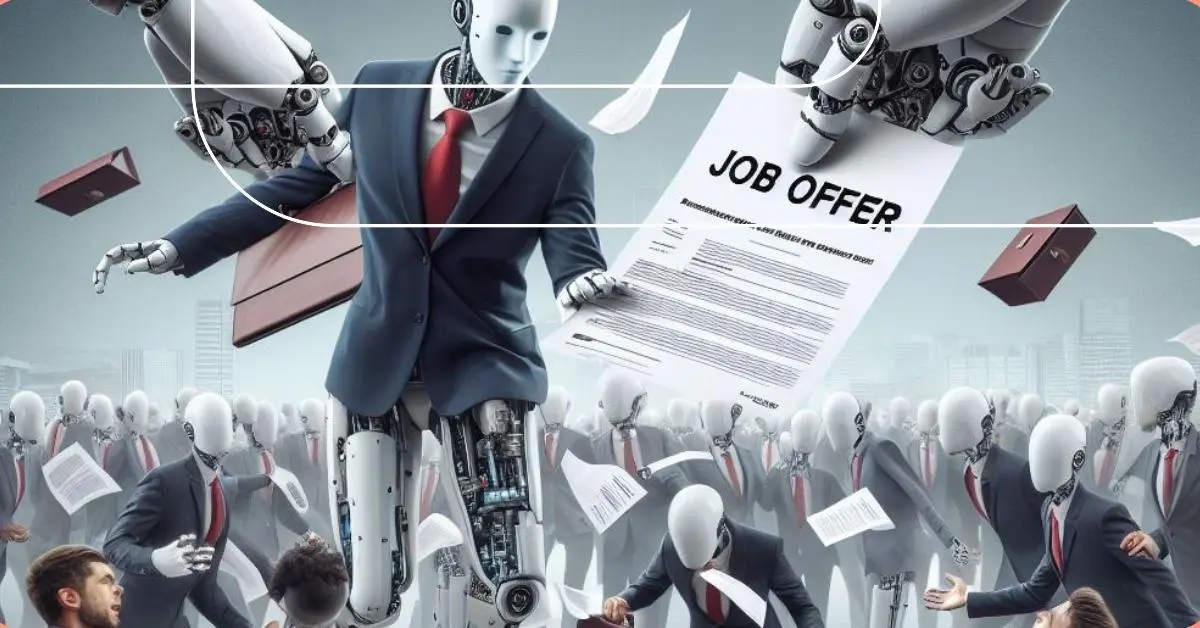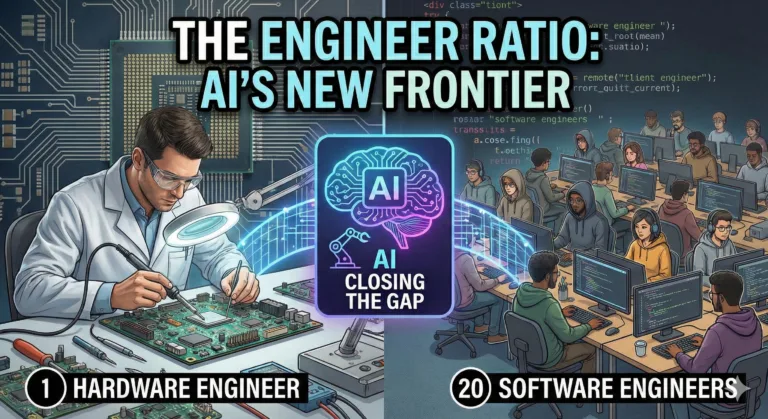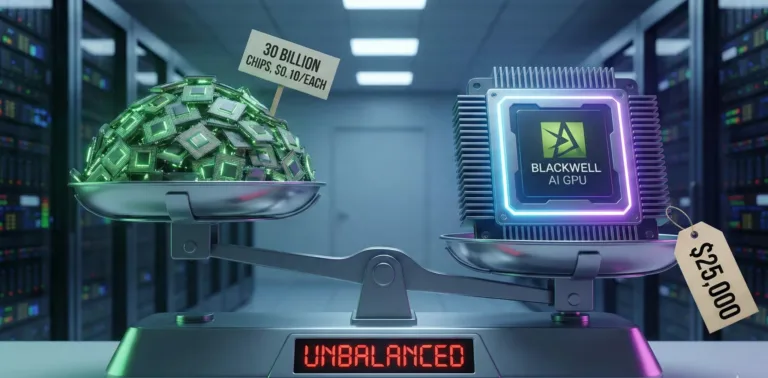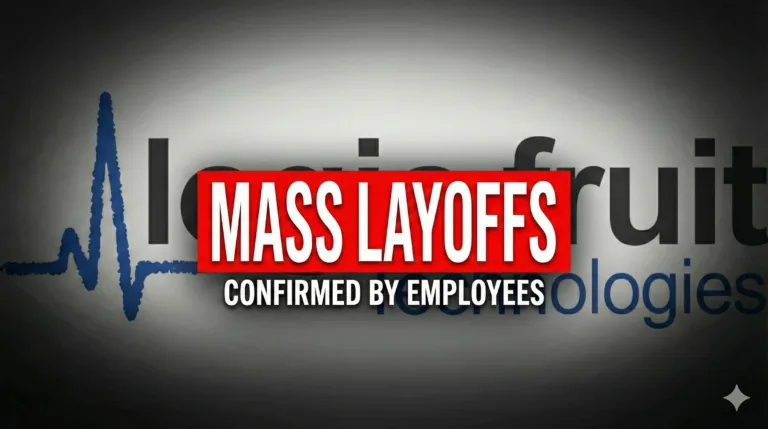You must have heard the buzz about AI’s potential to transform industries and revolutionize the way we work today. And sometimes also would have wondered if AI is gonna take away your jobs .On the same issue of ai job cuts , Adecco did a survey and found some eye-opening results that will help you to take better decisions in your career.
The Eye-Opening Findings
According to the survey conducted by staffing provider and recruitment agency Adecco Group, a whopping 41% of senior executives from 2,000 large companies worldwide expect to have a smaller workforce in five years’ time. When asked why are they expecting a smaller workforce , they all replied “primarily due to the adoption of AI technologies”. It was interesting to know that these senior executives of top companies are betting huge on AI , after still knowing that they are in nascent stage and sometimes even they hallucinate and make the whole work go wrong.
This “buy mindset” around AI, as the report calls it, could worsen existing skills gaps and create a widening divide between those who can leverage AI and those who struggle to adapt thus leading to AI job cuts.
A Closer Look at the Numbers
While the appetite for AI job cuts was seen all across the globe, yet Germany and France top the list, with a whopping 49% of respondents anticipating fewer employees due to AI implementation. On the other end of the spectrum, Singapore stands at 32%, while the United States sits at 36%.
These figures are seeming quite disturbing right? But there are still 57% of respondents who are quite optimistic and believe that human skills will remain much more influential than AI in the workplaces.
The Silver Lining: Upskilling Opportunities
The report isn’t all doom and gloom, however. A promising 78% of respondents believe that generative AI will play a “critical role” in providing upskilling and development opportunities for employees. The ray of hope suggests that for sure AI job cuts will happen but it will be initially limited to certain roles .These AI will also pave the way for new AI-augmented job opportunities, given that the employees are equally equipped with the necessary skills.
Also Read: Google Ex-Executive claims ,OpenAI valuation hits $1 trillion.
The Looming Question: Longevity of AI Jobs
While working in AI-powered fields may seem exciting, there’s a legitimate question to ask: How long will these positions actually last? History demonstrates that coders are still needed for decades-old technology like COBOL, indicating that the longevity of AI-driven professions may be longer than expected.
Dealing with AI Job Cuts
The results of the study show that many business leaders are becoming increasingly concerned about how AI may affect the workforce. Some predict AI job cuts, while others see room for upskilling and the creation of new positions enhanced by AI.
Finding the ideal balance between appreciating AI’s efficiency and making sure that human workers are respected, retrained, and prepared to prosper in an AI-driven environment will be crucial to managing this shift.To create the skills needed for the occupations of the future, businesses need to take a proactive approach, investing in staff development, encouraging a culture of continuous learning, and working with educational institutions.
Companies can only aspire to become leaders in the AI-powered industry by tackling the problems presented by AI head-on and utilising its promise.
Discover more from WireUnwired Research
Subscribe to get the latest posts sent to your email.




